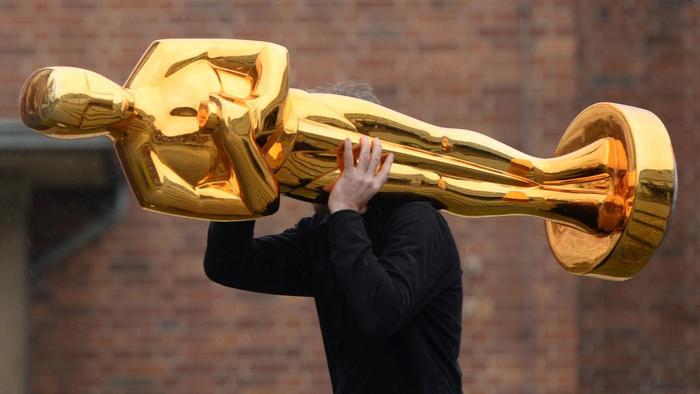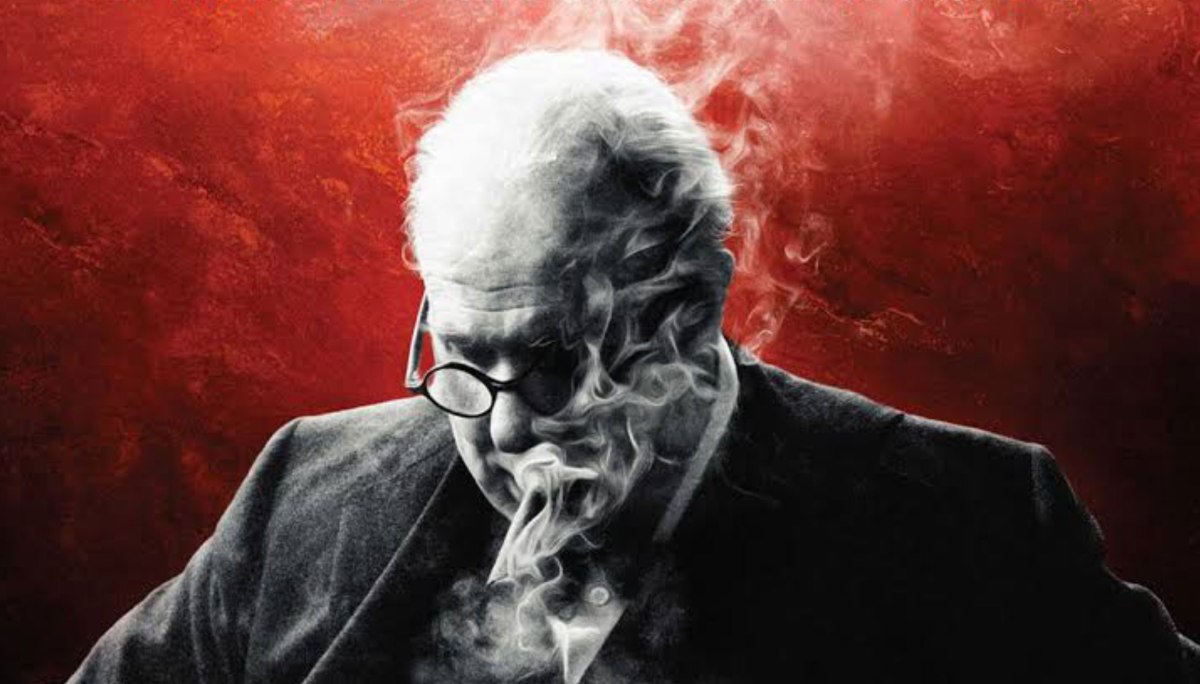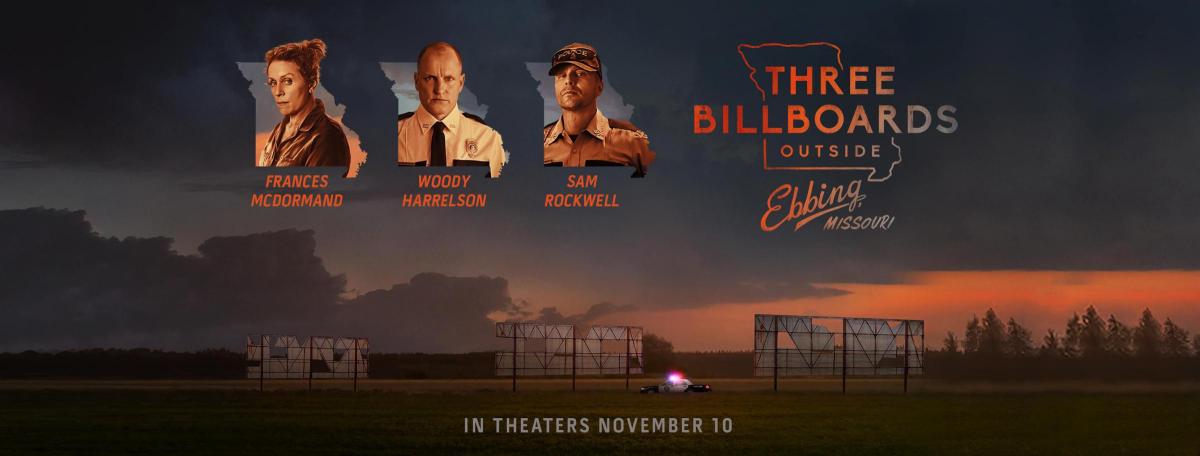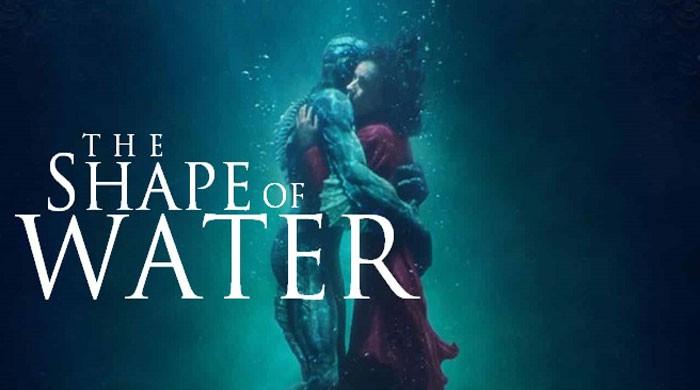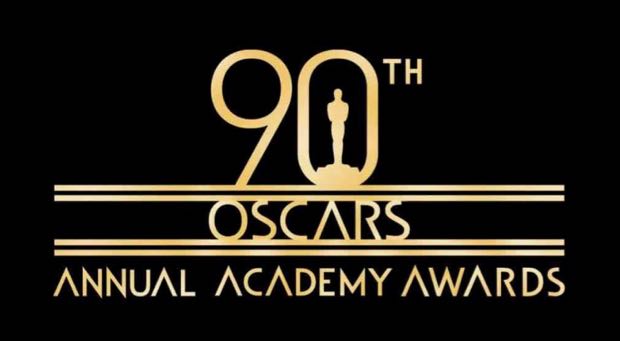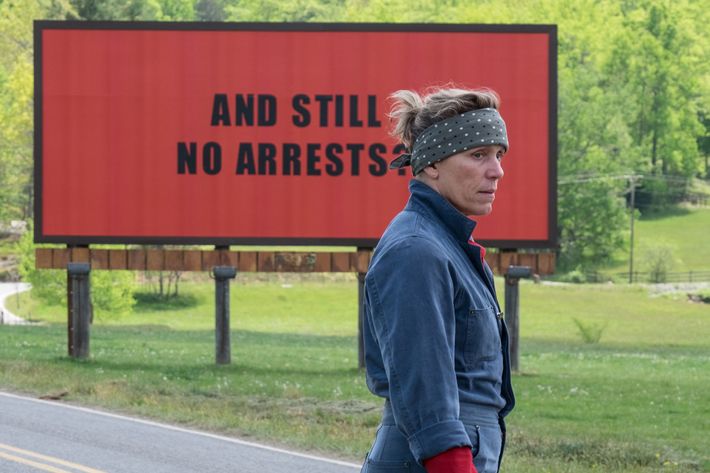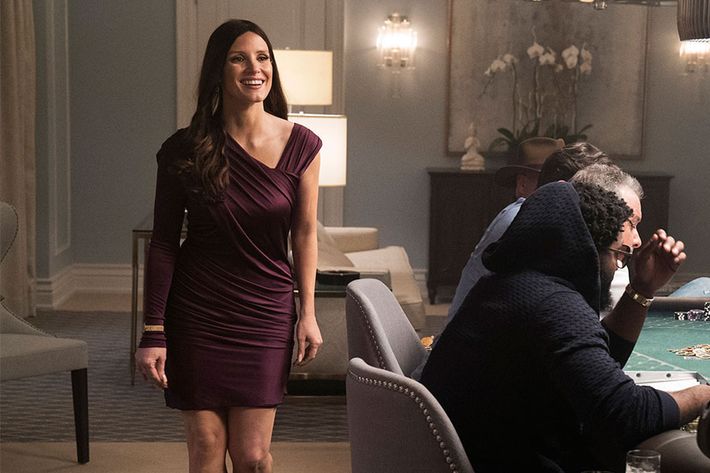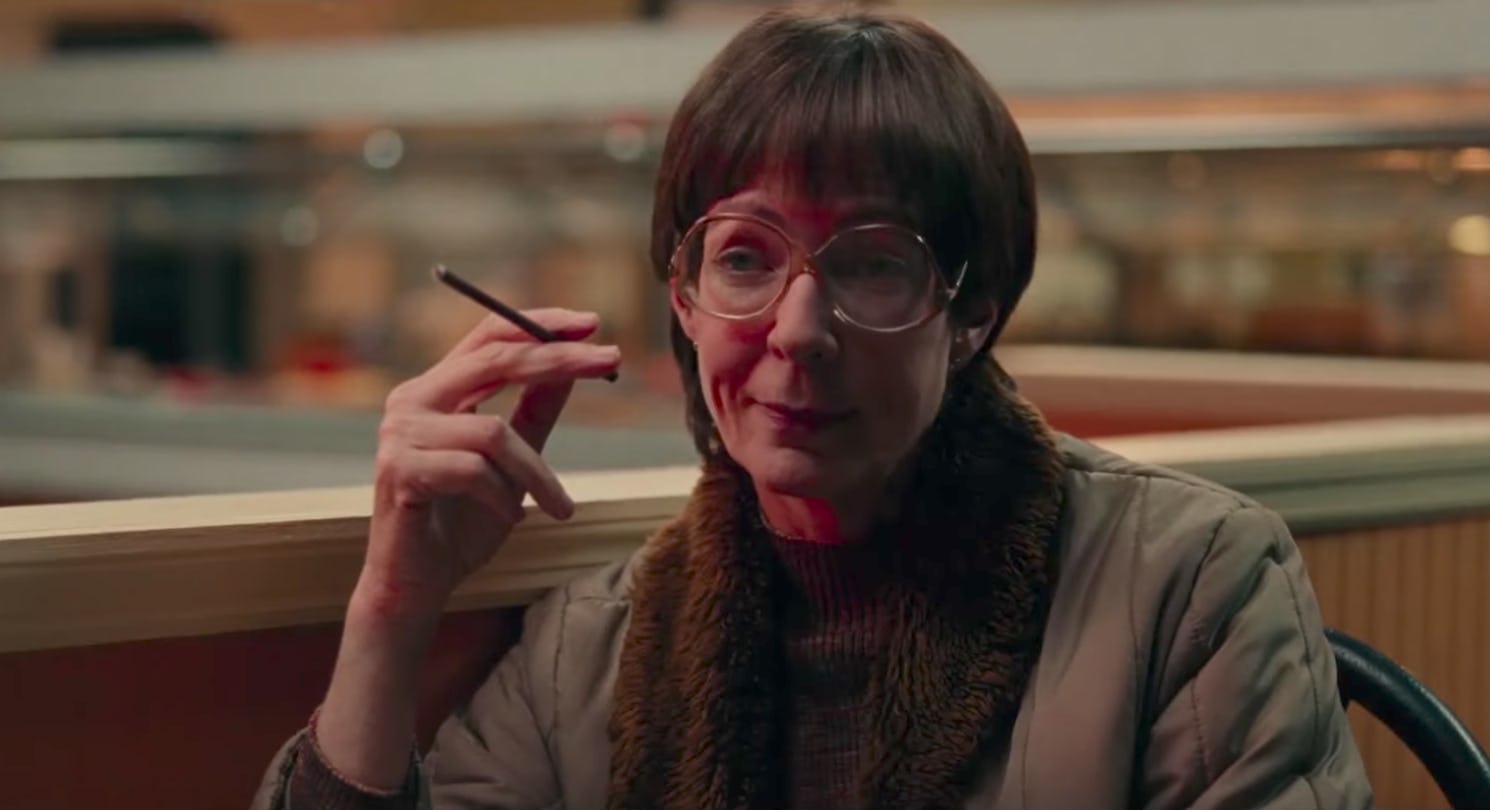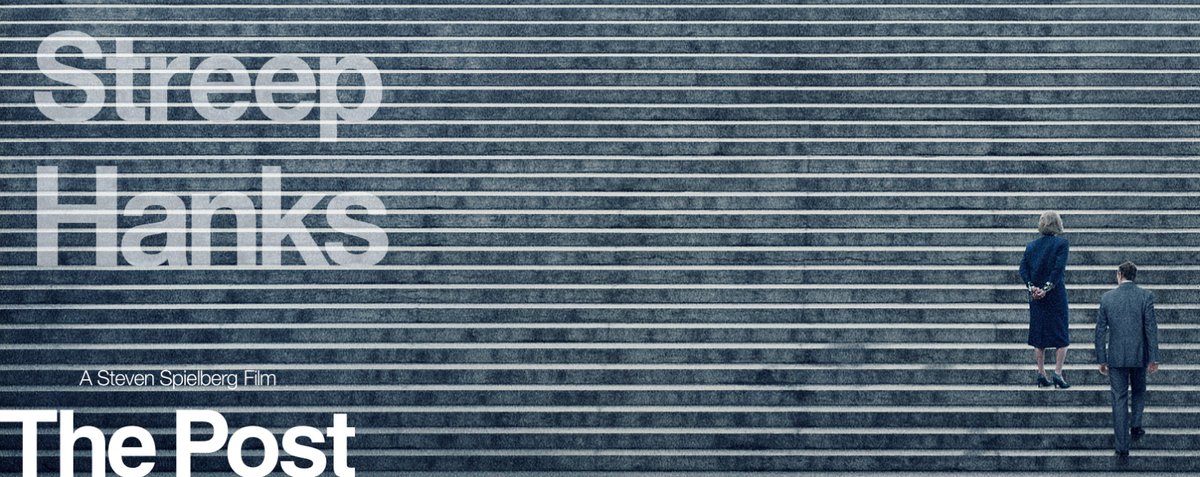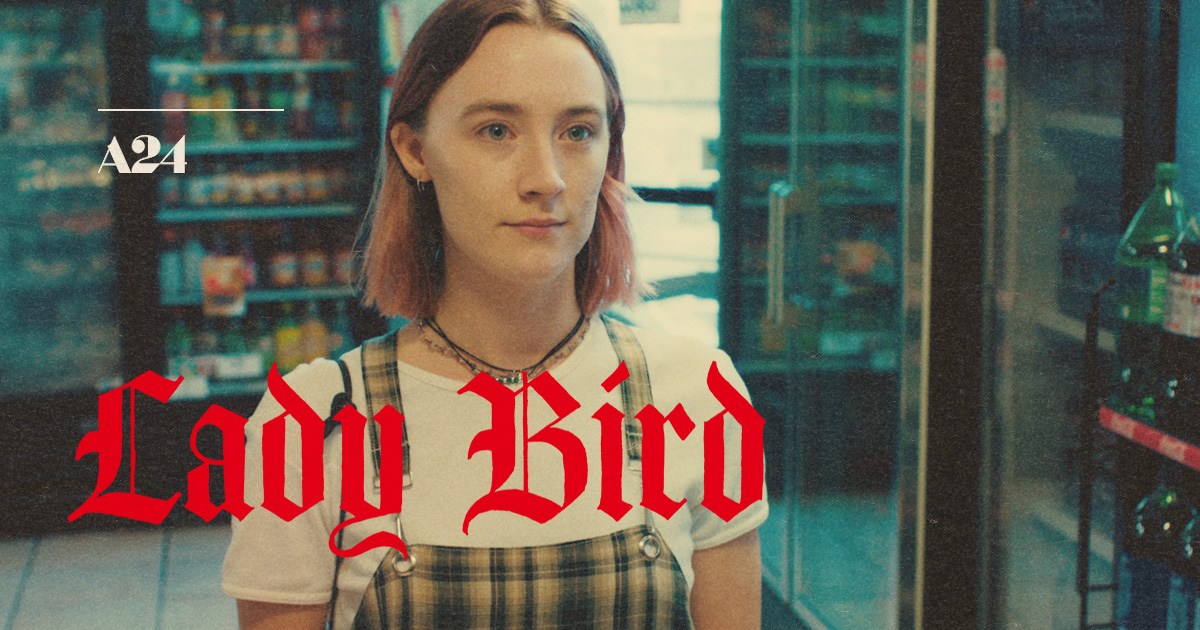Welcome to the 2nd annual Bro-cademy Awards, the 10 best films 2017 had to offer.
There was a plethora of average, poor, or complete garbage films released in 2017, and good movies were seemingly hard to come by. That’s why when audiences were blessed with actual competent and well made films, they went and saw them again and again. While actual Oscar caliber films didn’t get wide releases until January (*hence why some of those critically acclaimed awards season films have been excluded in this list*), it’s time to count down the best films 2017 had to offer by honoring them in the 2nd annual bro-tastic film awards ceremony, the Bro-cademy Awards.
10. Baby Driver

Sure, it’s the hipster incarnation of The Transporter, but Baby Driver is a thrilling new spin on the action genre that features tremendous action, witty and funny dialogue, great performances, and a killer soundtrack.
9. Ingrid Goes West

Ingrid Goes West is one of those “oh you didn’t hear about it?” films that slips under the cracks and goes somewhat unfairly unnoticed. Not here, as Ingrid Goes West‘s dark humor in relation to our society’s obsession with social media and surface level connections in place of personal ones makes it perhaps the most #topical films of 2017.
8. Lady Bird
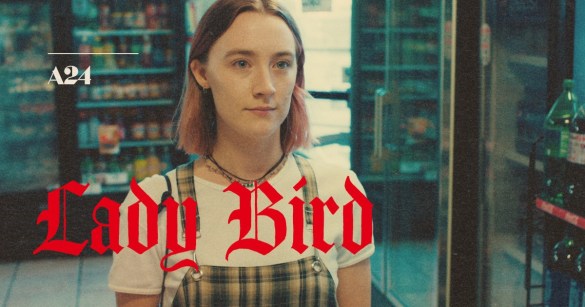
A quirky coming of age story for young women and a close examination of mother-daughter relationships, Lady Bird is a delight. Its terrific performance from up-and-comer Saoirse Ronan showcases she’s a force to be reckoned with, and is a perfect film in a time of #metoo and Time’s Up.
7. I, Tonya
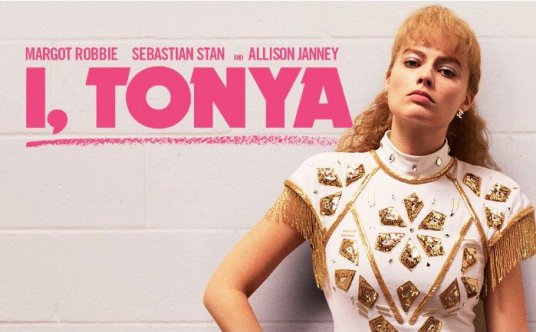
If you think you know the story of American villain Tonya Harding, I, Tonya begs to differ. Featuring powerhouse performances from Margot Robbie and Allison Janney, I, Tonya uses interviews and fourth wall breaking on its biographical subject matter to do the impossible: making you have sympathy for Harding, the devil herself. If that doesn’t qualify as one of the best films of 2017, then what does?
6. Star Wars: The Last Jedi
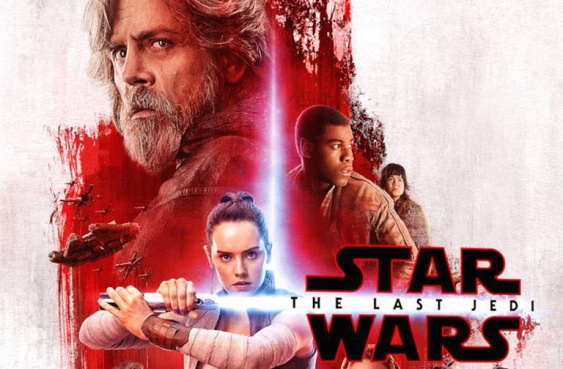
While divisive amongst Star Wars “aficionados”, Star Wars: The Last Jedi takes everything you’ve come to know about the series and turns it upside down. While some results fare much better than others, it’s a triumphant new direction for the series and shows it still has life and is rife with new ideas.
5. Get Out
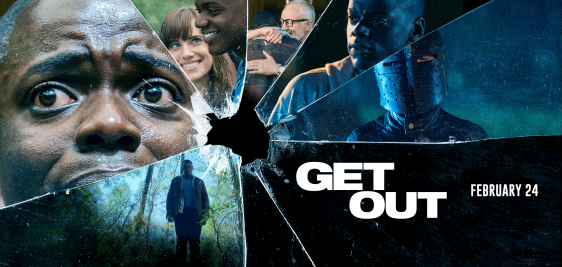
No ones directorial debut should be this creative, masterful, and timely. Jordan Peele’s Get Out is all of those and more, standing alone as one of the most original and thought provoking pieces of cinema 2017 had to offer.
4. Phantom Thread
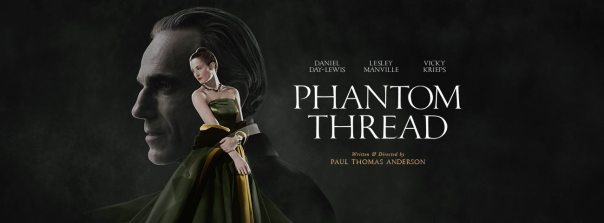
Adept direction, beautiful scenery, and a powerhouse performance from Daniel Day-Lewis makes Phantom Thread the best film out of those actually nominated for “Best Picture”. Not only is it another winning entry in the underrated Paul Thomas Anderson’s career, but marks a triumphant farewell for Daniel Day-Lewis should it be his swan song performance.
3. Logan

Logan isn’t just a comic book movie, it’s a western with dramatic heft that makes it a game changer for the genre. Not only does it provide the R-rated thrills we’ve craved from a Wolverine film, but also marks a triumphant end for a character Hugh Jackman has made legendary and his own for nearly two decades.
2. Blade Runner 2049
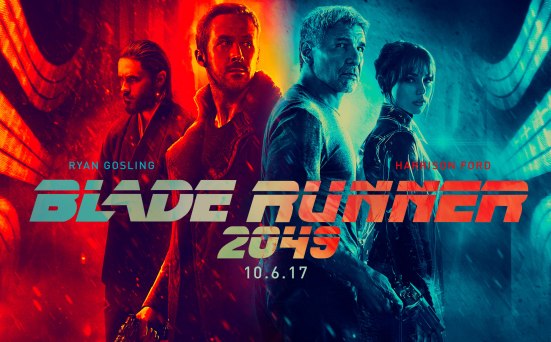
A sequel to a cult classic like Blade Runner seems like a disaster on paper, but Blade Runner 2049 advances its thought provoking sci-fi ideas with ease. It’s not only a rare sequel that improves upon its predecessor, but also proves you can make a thinking man’s movie while still providing action thrills and breathtaking visuals on a blockbuster scale.
1. War For the Planet of the Apes

Perhaps the most overlooked movie of the year, War for the Planet of the Apes is a triumph on multiple levels. Its breathtaking CGI, emotional depth, and blockbuster thrills are unprecedented for a tent pole summer film, and resonates as one of the most powerful films not only in its historic franchise, but also of 2017, making it the best 2017 had to offer in film.

